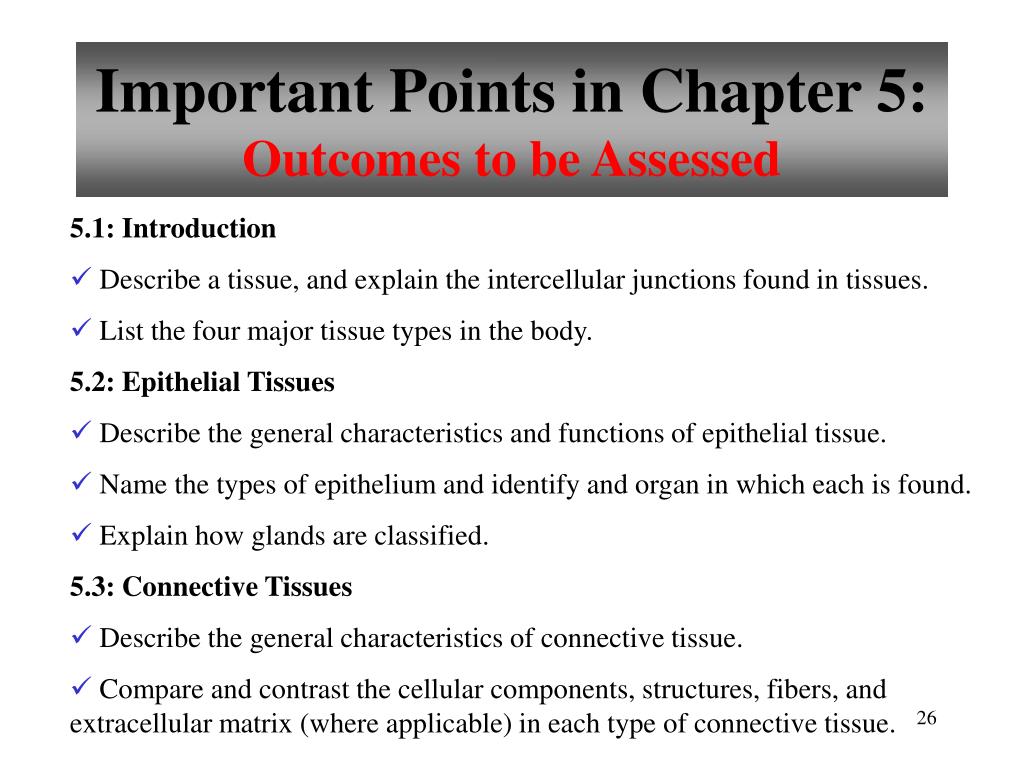

Most of the material in these pages was originally taken from the seventh edition of that book, later updated to the eighth edition, and then to the ninth edition. The required textbook for this course is "Operating System Concepts, Ninth Edition " by Silberschatz, Galvin, and Gagne.This version of these course notes was originally assembled Spring 2006ĬS 385 at the University of Illinois Chicago and is currently being updated ( again ) for Spring 2013.There were many world problems at this time: The African Congo got its independence from Belgium in 1960 and then erupted into violence, but the United Nations sent a peacekeeping force.Operating Systems: Course Notes Main PageĬourse Notes Main Page Any sections not marked as "updated" may be subject to change. Foreign Flare-Ups and “Flexible Response” 1. Unfortunately, French leader Charles de Gaulle was one who was suspicious of the U.S., and he rejected Britain’s application into the Common Market. The so-called Kennedy Round of tariff negotiations eased trade between Europe and the U.S. America had also encouraged a Common Market (to keep trade barriers and tariff low in Europe), which later became the European Union (EU). Western Europe, though, was now prospering after help from the super-successful Marshall Plan. In August of the 1961, the Soviets began building the Berlin Wall to separate East and West Germany. JFK met Russian Premier Nikita Khrushchev and was threatened, but didn’t back down. Kennedy also promoted a project to land Americans on the moon, though apathetic Americans often ridiculed this goal. Kennedy’s tax-cut bill chose to stimulate the economy through price-cutting. However, almost immediately into his term, steel management announced great price increases, igniting the fury of the president, but JFK also earned fiery attacks by big business against the New Frontier. JFK also had to keep a lid on inflation and maintain a good economy. JFK did expand the House Rules Committee, but his program didn’t expand quickly, as medical and education bills remained stalled in Congress. Kennedy’s social program was known as the New Frontier, but conservative Democrats and Republicans threatened to kill many of its reforms.

A graduate of Harvard and with a young family, JFK was very vibrant and charming to everyone. Early on, JFK proposed the Peace Corps, an army of idealist and mostly youthful volunteers to bring American skills to underdeveloped countries.

McNamara took over the Defense Department. Robert Kennedy tried to recast the priorities of the FBI, but was resisted by J. JFK delivered a stirring inaugural address (“Ask not, what your country can do for you…”), and he also assembled a very young cabinet, including his brother, Robert Kennedy, as attorney general. The 1960s would bring a sexual revolution, a civil rights revolution, the emergence of a “youth culture,” a devastating war in Vietnam, and the beginnings of a feminist revolution. Kennedy was elected as president of the United States-the youngest man ever elected to that office. Published on CourseNotes ( ) Home > Chapter 38 - The Stormy Sixties, 1960-1968 Chapter 38 - The Stormy Sixties, 1960-1968 I.


 0 kommentar(er)
0 kommentar(er)
